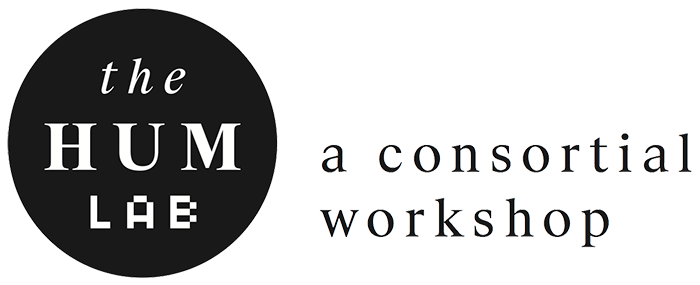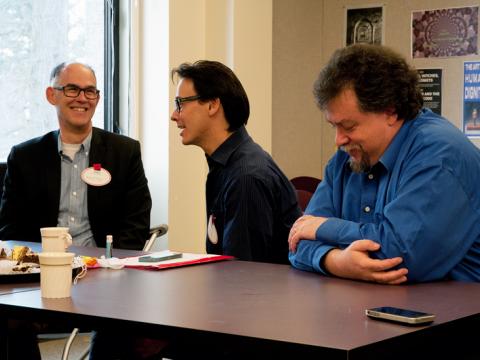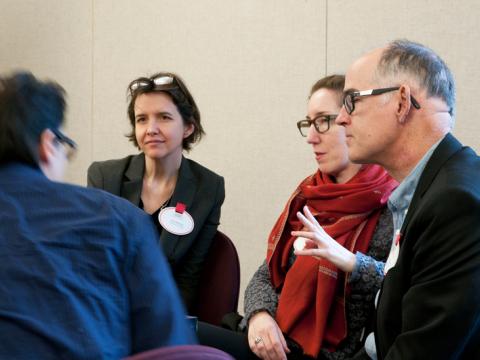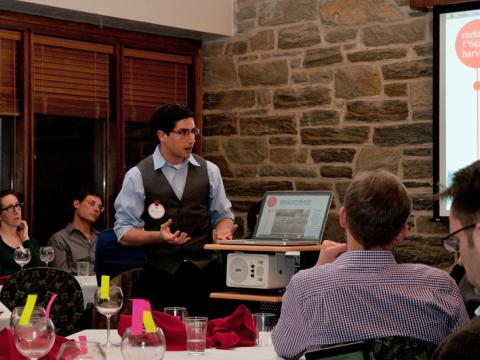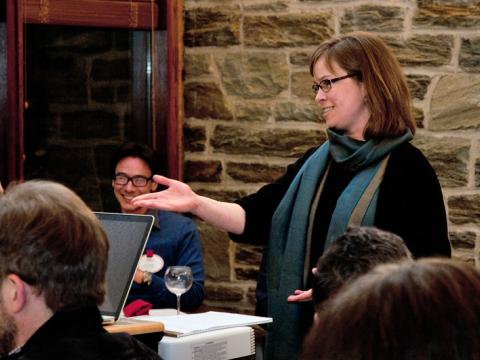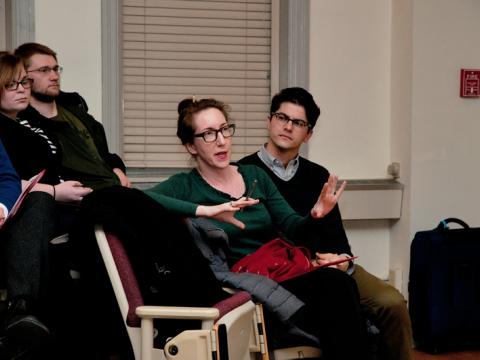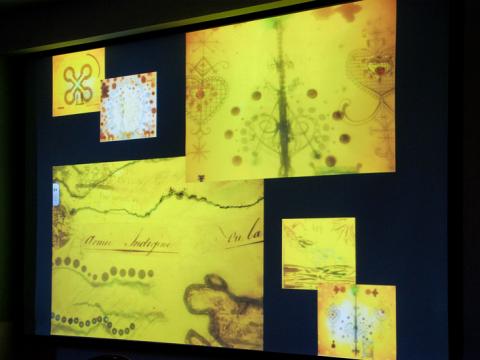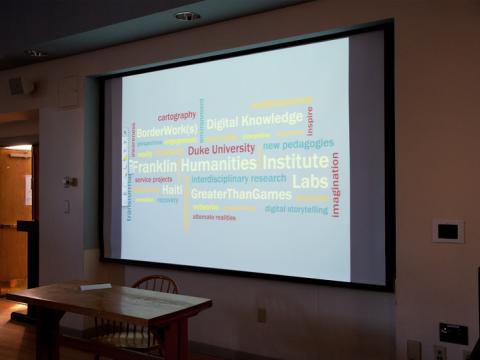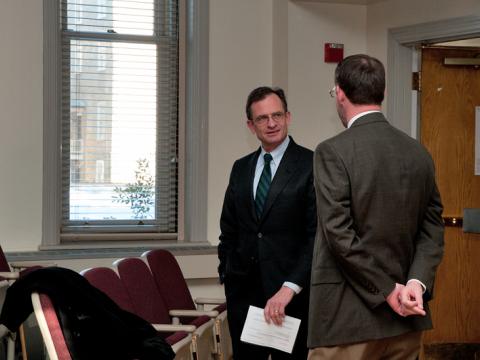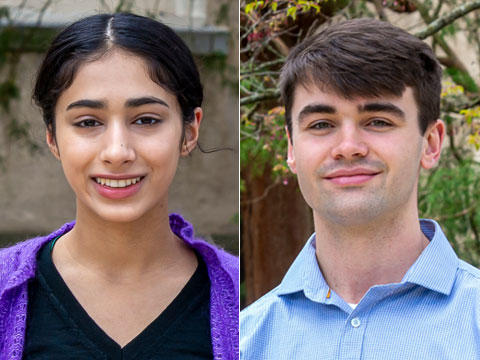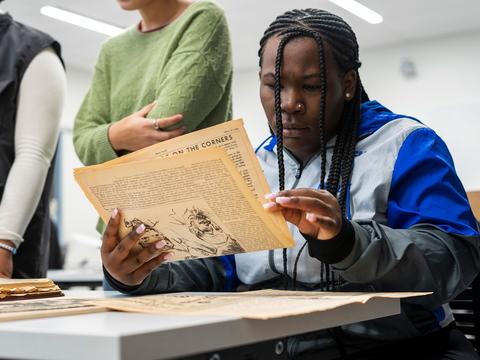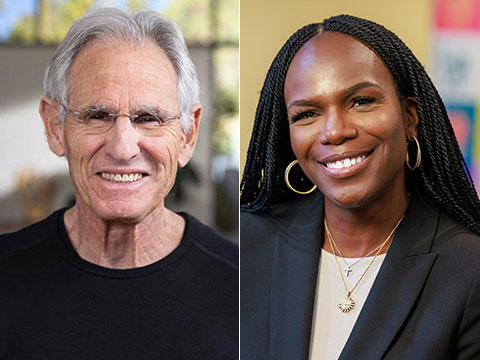Myth and Mask in Digital and Material Space: a Consortial Humanities Lab
Hosted by Carleton College (August 10-24, 2014)
Organizers: Laura McGrane (the Hurford Center for the Arts and Humanities at Haverford College) and Susannah Ottaway (the Humanities Center at Carleton College)
As a follow up to an Alliance to Advance Liberal Arts Colleges (AALAC)-sponsored Humanities Lab Workshop at Haverford College, we invite your students to apply for the inaugural AALAC consortial Hum Lab workshop to be held at Carleton College (August 10-24, 2014). Approximately ten students from across the consortium will gather for two weeks in August with professors Bryan Burns (Wellesley) and Clara Shaw Hardy (Carleton) to engage in collaborative, interdisciplinary research and creative projects entitled Myth and Mask in Digital and Material Space.
Costs
The cost of joining the two-week lab is $3,500. ($2200 of that cost will be paid directly to the Lab to cover the student’s room, board and local travel, along with a percentage of the faculty leaders’ stipends. The remainder is our estimate for student travel to the Hum Lab and a two-week stipend.) Students should attain sponsorship from their institutions, and each participating college will be listed as one of the Consortial Lab 2014’s sponsors in all of the materials. For further information please contact Susannah Ottaway (sottaway [at] carleton.edu) and Laura McGrane (lmcgrane [at] haverford.edu).
2014 Offerings
Lab I: Mask, Character & Myth (Clara Shaw Hardy, Carleton)
Athenians lived their lives surrounded by images of their gods and heroes. In the theater of Dionysus these figures came to life when masked actors performed tragedy. The ways in which masks operated in these performances has become the focus of research, from practical experiments with mask construction and performance to work on neurological perception of emotions in the human face. In this lab the students will investigate and attempt to replicate some of this work, culminating in the construction of masks to be used in live or filmed performances of a scene or set of speeches from tragic texts.
Lab II: Classical Mythology in Digital Space (Bryan Burns, Wellesley)
New visions of ancient Greek gods and heroes surround us, and the field of archaeology has quickly adopted digital tools for fieldwork and analysis. Students will explore the rich resources that exist online, and will evaluate a set of literary and artistic material from an archaeological perspective. Our project will focus on the representations of ancient myths that can be connected with archaeological contexts, and we will concentrate on the use of these compelling tales to define cultural geographies. Using Neatline, we will create maps informed by the topography of significant sites that correlate with mythic texts, or work on connections across broader regional and temporal scales.
Each lab will be intimate in size (five students; one professor) and will regularly coordinate with the partner lab for social and intellectual events. At the end of the two-week initiative, students will share their projects with each other and with interested visiting faculty from participating institutions.
The labs are open to students from various academic backgrounds. Students interested in any discipline may apply, especially those engaged in religion, theater, classics, anthropology, psychology, literature, art, media studies, geography and history in all periods; those engaged in questions of gender, technology, and visual/material culture are also welcome.
How to Apply
Students should send an application specifying their interest in one of the two lab projects. The application should include i) a one-page statement (500 words) describing the student’s academic background and fit for the Hum Lab; ii) the name and contact information of a faculty reference; and iii) an explanation of how funding will be obtained from the student’s home institution.
Applications should be sent to both Susannah Ottaway (sottaway [at] carleton.edu) and Laura McGrane (lmcgrane [at] haverford.edu) by May 18, 2014. Students and institutions will be notified soon thereafter.
Accepted students will be assisted with logistics and local information by Susannah Ottaway (Carleton College).
Alliance to Advance Liberal Arts Colleges Member Organizations
Amherst College
Barnard College
Bryn Mawr College
Carleton College
Denison University
DePauw University
Furman University
Grinnell College
Harvey Mudd College
Haverford College
Macalester College
Middlebury College
Oberlin College
Pomona College
Reed College
Rhodes College
Scripps College
Smith College
Swarthmore College
Vassar College
Wellesley College
Wesleyan University
Williams College
